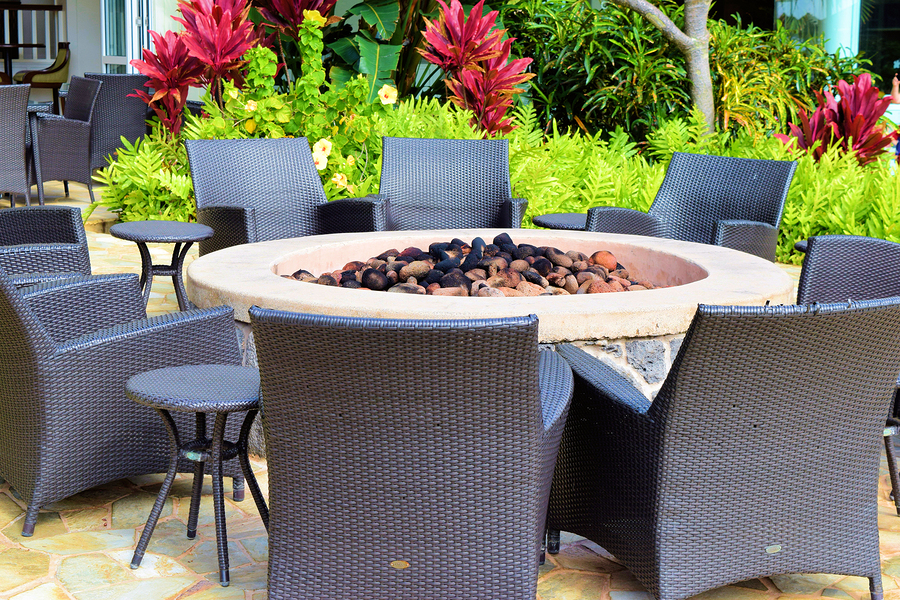As thorough and effective as a rehab treatment program may be, most patients will benefit greatly from some type of continuing care after they complete their stay at a recovery facility. Making it through rehab is a major accomplishment and should be considered a success in itself. However, if sobriety is not carefully managed after returning home patients can still struggle in spite of their success.
No matter what the circumstances were of someone’s addiction they will find aftercare useful in helping them adjust to life outside of rehab. Whether they were addicted to one substance or two, have a co-occurring disorder, had a very severe addiction or a more mild one, they will need aftercare. It is designed as a transitional type of treatment that helps bridge the gap between finishing rehab and returning to normal everyday life.

Even though patients may have spent several months in treatment and have been completely abstinent for that time period there is still more that they need to learn when they return home. It can be much easier to stay sober in rehab as you are in a secluded environment surrounded by other sober people. You also have many staff members available to you for support who are working every day for your recovery.
When a patient returns home they have lost the safety of the rehab facility, the support of the staff and other patients and must learn to fend for themselves. It can feel like a rapid change for those who have become adjusted to life in the facility and spending every moment focused on sobriety. Living at home can be a major shift and most patients will need some extra help from an aftercare program to stay on track.
Coping with Triggers and Cravings
The most important reason to attend an aftercare program is to have guidance and education that will help you avoid relapse. Unfortunately, relapsing is an all too common problem even for those who were very committed to their recovery program. For some people, the temptation to drink or use drugs again becomes too strong and they are unable to cope with their new sober life.
Aftercare provides people with counselors, peer support groups, classes, sponsors, family therapy and a variety of other tools to help them make the transition from the treatment center to living on their own. It is an important way to bridge the gap between sobriety in a safe and supportive environment and being sober out in the real world. Going to an aftercare program can help reduce stress and make life seem more manageable while you get a handle on your new lifestyle.
The reality of returning back to your normal life is that there will be triggers in many different situations which may make you feel you want to drink again. The daily stress of work, commuting, and other routine responsibilities can feel triggering after several months away from the rat race. Even seeing old friends again or being in places that remind you of your old lifestyle can make you feel tempted again.
Triggers can occur almost anywhere and at anytime so it is crucial to be prepared for any situation that might come up. Aftercare programs offer you a place to talk to someone about the triggers you are experiencing and receive advice or guidance about what to do. Although you may have discussed some strategies during your stay in rehab, you might need some additional help putting them to practice in real life situations.
Cravings are bound to happen, even when you not in a place or situation where you expected to be triggered. An aftercare program can give you a step by step plan telling you what to do anytime you experience an intense craving. Having that support available to you during a difficult time of transition can be life-saving for people trying to remain sober.
If you are concerned about your transition out of rehab, make sure to inquire about your treatment center’s aftercare program and what options they have available for support after you complete your inpatient stay.
Aftercare as Relapse Prevention

People leaving rehab need the support of aftercare to ensure that they do not experience a relapse which could be very detrimental to their health and progress. Preventing relapse is crucial because although you can return to treatment it usually becomes harder to get sober the second time. Relapse can be an unfortunate reality for many people but doing everything possible to prevent it from happening is the best attitude to take during recovery.
Aftercare is a way to help former patients prevent relapse because it gives them training and education while they are involved in real life experience. Even though rehab provides them with certain tools and strategies in preparation for going home, aftercare continues this education as they are in the midst of going through their own particular issues. People have the opportunity to talk to someone about the problems they experience with being home again.
Once a person leaves rehab it can be easy for them to fall off the wagon if they don’t find a way to stay engaged and connected to the recovery community. Aftercare is a simple way to stay involved, informed and positive in the first few months after leaving treatment. If former patients don’t have the support system that they need at home they are in serious danger of experiencing a relapse.
Staying in the Sober Community
One of the most effective ways for people to avoid relapse is to find ways to stay involved in a sober community that supports them. An aftercare program can be part of the steps that a former patient takes to build up their sober support system outside of the rehab program. Having sober people in their life is one of the key elements for someone to have a permanent state of recovery.
When a patient leaves their rehab program and returns home they might lose contact with people in the facility without an aftercare program. Aftercare can offer them group meetings with other people in recovery as well as training and therapy so that they remain involved in their efforts to be sober. If they were to lose contact with their recovery group and simply return to their old friendships it could end in relapse.
People in recovery need sober friends that they can rely on whenever they feel stressed out, are experiencing cravings or are worried about their sobriety. It is important for them to attend group meetings and maintain contact with other people in recovery to feel supported.
There are numerous reasons why aftercare is important but essentially it is a way to help people make a smooth transition from living in a rehab facility to returning home. If you are in a recovery program or are planning on attending, find out the details of their aftercare program and make sure you are enrolled.




